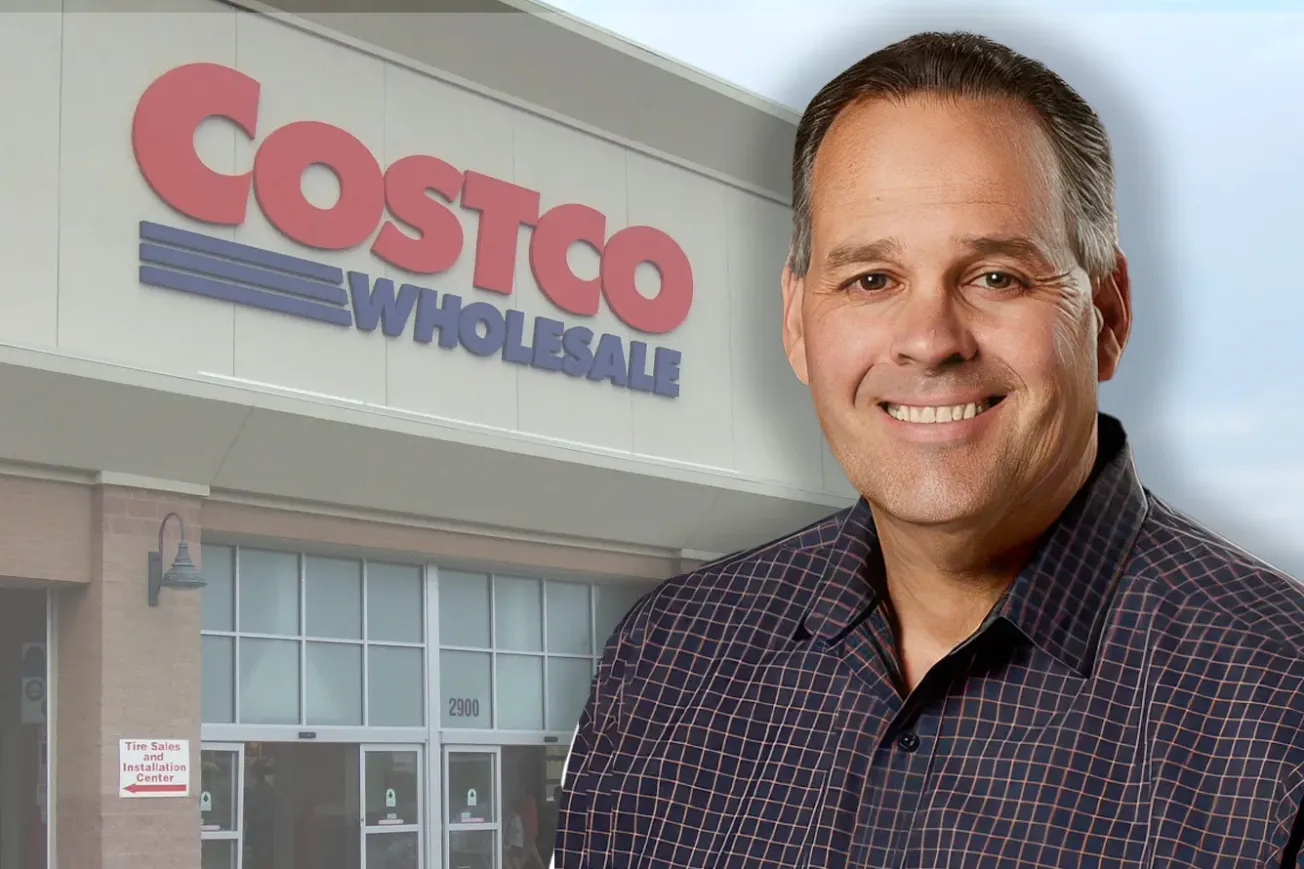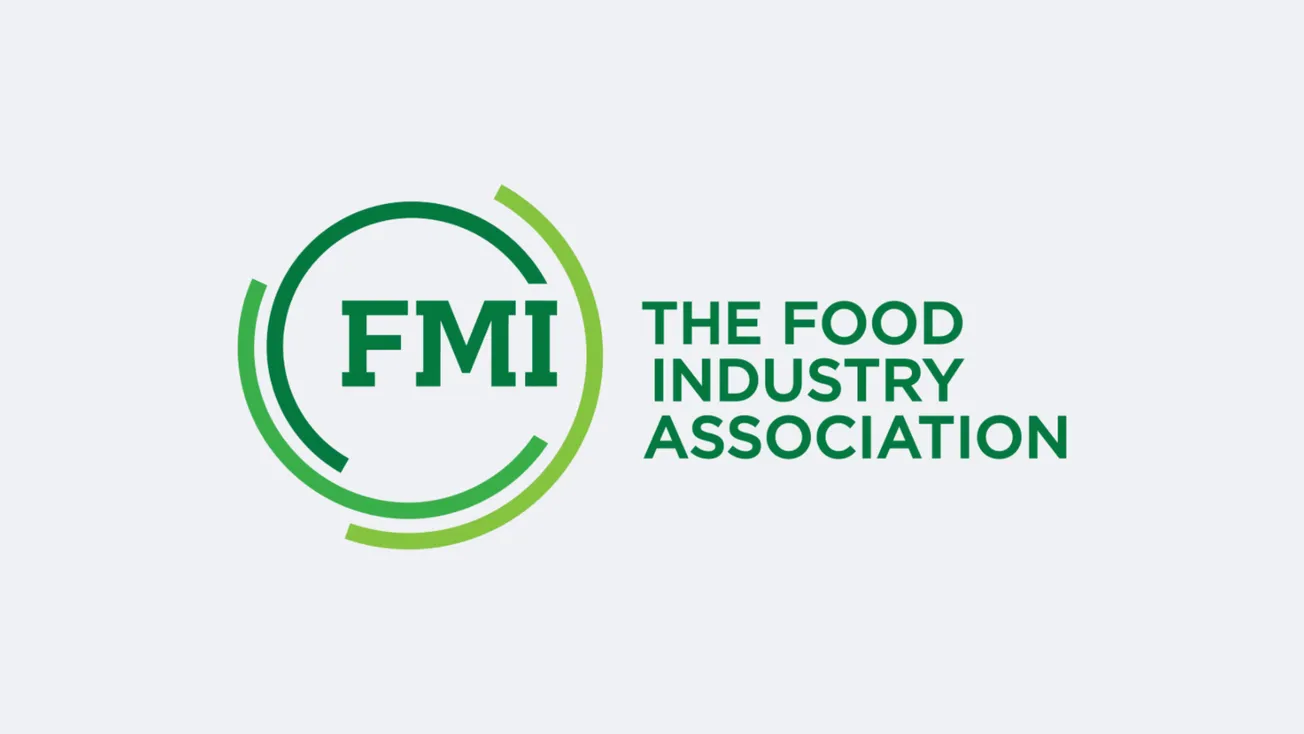BELLINGHAM, Wash. – Haggen Inc. is selling its remaining stores, completing a downward spiral precipitated by its acquisition last December of 146 Albertsons supermarkets.
The retailer has received bankruptcy court approval to auction off its 33 core stores in Washington and Oregon on February 5.
“The Haggen group of core stores is well run with great staff and is located in great communities,” the company said in a statement. “As a group they are profitable. Because of this, we know there will be strong interest in our stores as a group. Our stores are staffed and stocked to high standards, and we are well prepared to offer a great store experience for our guests during this holiday time.”
Haggen earlier won court approval to sell more than 70 of the supermarkets it purchased from Albertsons, including 33 back to Albertsons. Other buyers are Sprouts Farmers Market, Smart & Final and Tawa Inc.
Allowing Albertsons to reacquire the outlets was an unusual move for the Federal Trade Commission, which had ordered their divestiture when the Boise, Idaho-based supermarketer bought Safeway.
When Haggen picked up the 146 supermarkets it grew about ninefold and had problems making the new stores viable. It filed for Chapter 11 protection in September.
Haggen — which was founded during the Great Depression and since 2011 has been majority-owned by private investment firm Comvest Partners — paid more than $300 million for Albertsons, Vons, Pavilions and Safeway stores in Washington, Oregon, Nevada, Arizona and California.
Analysts said its banner failed to win converts outside of the Pacific Northwest in part because prices were too high and partly because it was slow to build brand awareness. Lighter-than-expected foot traffic prompted Haggen to lower prices and cut its workforce and job hours, leading unions to file grievances complaining that it had failed to deliver on promises to employees.
In August, Haggen announced the divestment of 27 stores, including 26 it had bought from Albertsons. Albertsons filed suit against Haggen in July, accusing it of failing to pay more than $36 million for inventory.
Haggen countered with a $1 billion suit alleging Albertsons misled the smaller company and then sabotaged Haggen’s entry into the new markets.
“Had Haggen known Albertsons’ true intentions, Haggen would never have purchased the stores, nor would the FTC have permitted such a purchase,” the lawsuit states. It contends Albertsons engaged in “coordinated and systematic efforts” to eliminate Haggen as a competitive threat in more than 130 markets in five states. It also asserts that Albertsons gave it misleading price information, resulting in prices at the rebranded outlets that repulsed customers as soon as the stores opened.





